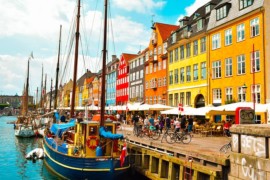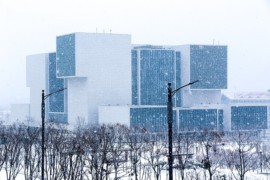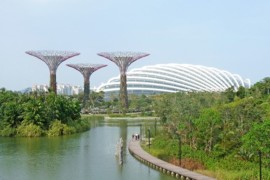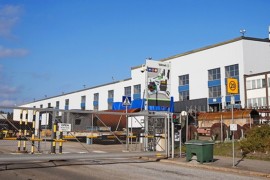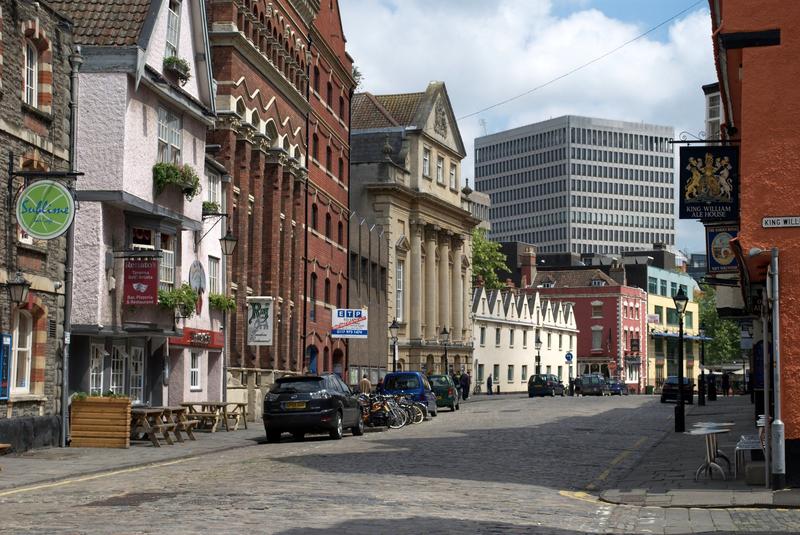
King Street in Bristol
The city of Bristol, the largest city in the southwest of England, is aiming to become carbon neutral through the approval of an initial investment of 5 million pounds towards building a carbon neutral district heating network.
The construction of this new heating network is only the first step in a plan to make the city carbon neutral by 2050.
Initially, the network will work with several power generation plants, including those using biomass and gas. The second stage of the plan should see the city to have the capacity to replace the use of natural gas and to instead turn to renewable alternatives.
The Mayor of Bristol, Marvin Rees, who originally approved the investment, commented on the news, saying:
“One of my campaign promises was to put Bristol on course to run entirely on renewable energy by 2050. Without a city-wide heat network this target will not be possible, particularly in a city with a historic centre, where solar and wind technologies are not always an option for technical or financial reasons.”
As part of the project, all new buildings planned for the designated “heat priority area” must be connected to a heating network or at least be “district heating ready”, unless such a thing is unviable from a technical viewpoint.
The mayor’s initiative can only be welcomed, both in his willingness to create a heating network across the city and especially his desire for this project to include all future constructions. In addition to providing benefits to the environment, the project is also expected to be a good source of growth for the local economy.


